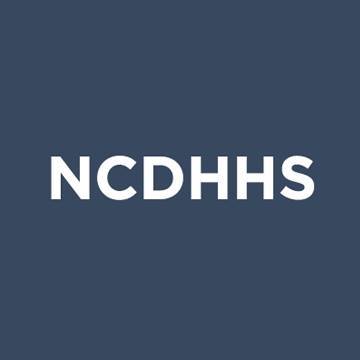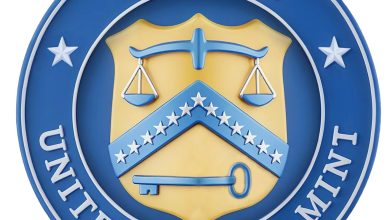Last Updated on March 17, 2020 10:11 am
UPDATE 5:07pm from Watauga County Schools:
By order of North Carolina State Health Officials and Governor Roy Cooper, Watauga County Schools will be closed for at least two weeks beginning Monday, March 14.
School Superintendent Scott Elliott will issue further guidance prior to Monday about expectations for staff and access to school facilities for students. An opportunity will be made for students and staff to access the school buildings in order to collect personal items and resources. Additional information will be sent to school staff via email by Sunday evening.
Breaking – Saturday March 14 4:35pm: North Carolina Governor Roy Cooper has issued an Executive Order that directs K-12 public schools across the state to close for students on Monday, March 16 for at least two weeks.
More information from local and state officials will be posted as it comes in.
From NCDHHS:
An executive order from Governor Roy Cooper directs K-12 public schools across our state to close for students on Monday, March 16 through at least March 30. Closing schools now will give public health officials time for further understanding of coronavirus disease 2019 (COVID-19) and its effect on the people of North Carolina.
NCDHHS recommends that childcare centers:
- Cancel or reduce large events and gatherings, such as assemblies and field trips.
- Limit inter-school interactions.
- Consider distance or e-learning in some settings.
- Consider dismissals if staff or absenteeism impacts the ability to remain open. Short-term closures may also be necessary to facilitate public health investigation and/or cleaning if a case is diagnosed in a child or staff member.
Colleges and universities and childcare centers should also:
- Take precautions to protect students and children, faculty and staff from the spread of respiratory illnesses
- Review absenteeism policies and procedures to make sure students or children, faculty and staff are not being encouraged to attend or work if they are sick.
- Establish a relationship with the local health department and communicate with them if you have any questions or concerns about COVID-19.
- Remind your faculty, staff, students and/or children’s guardians that an annual flu shot is an important way to support overall health. While the flu shot does not protect against COVID-19, it is the best defense against the flu, which is a common respiratory illness.
- Make sure you are getting reliable information. Be thoughtful about what you read or hear about the virus and make sure you are separating rumor from fact before forwarding information on to your students and children, faculty or staff. All North Carolinians can better prepare for COVID-19 by getting up-to-date information directly from reliable sources like NCDHHS and CDC.
While some may be worried or have concerns about COVID-19, it is important to not let fear and anxiety lead to social stigma toward students and staff.



















